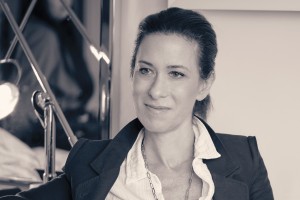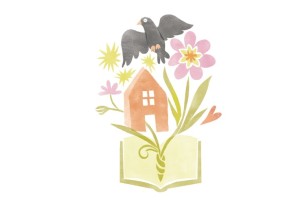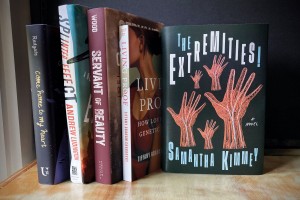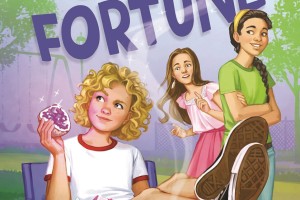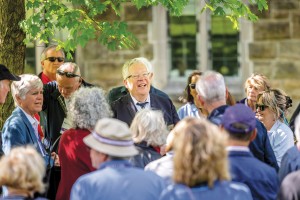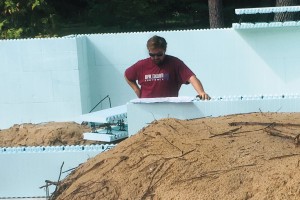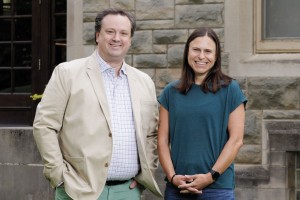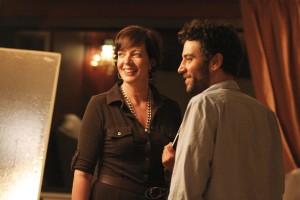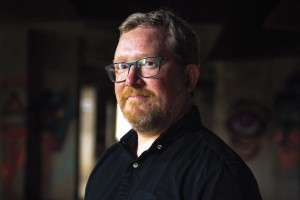The Kenyon Alumni Starter Kit
24 ways to reconnect, stay engaged and make the most of your Kenyon community.
Read The StoryAn introductory seminar taught by Professor of English Sarah Heidt ’97 prepares students for their academic future and beyond.
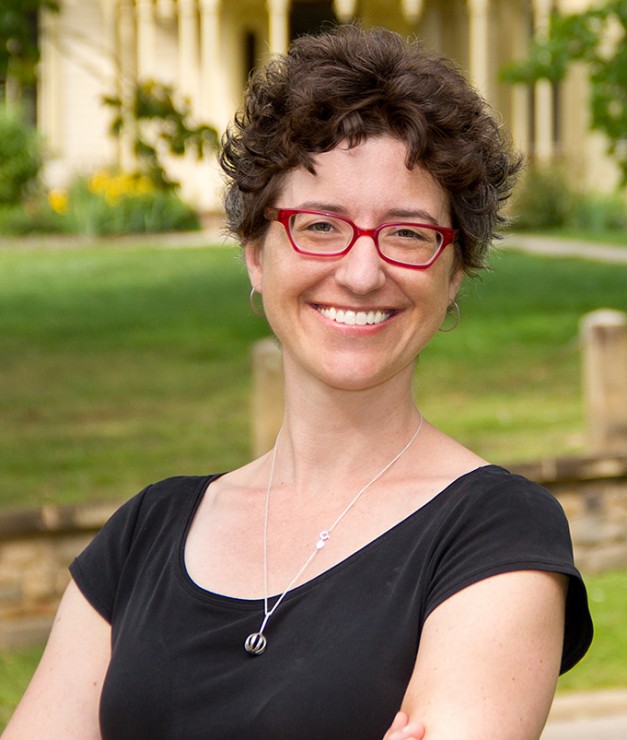
First-year, introductory English seminars — required for all departmental majors — are made to prepare students for their academic future. Professor of English Sarah Heidt ’97 designed hers to prepare them for life.
“I want my students to be more than just accomplished in critical reading and thinking and writing skills,” Heidt said. “I also want them to have a space where they can create some habits of reflection and ask why they’re doing something or what they want their lives to be like.”
So a decade ago, Heidt redesigned her version of ENGL 103 (Introduction to Literature and Language) to blend analysis of various literary genres and historical periods with a thoughtful approach to analyzing one’s own life — at Kenyon and beyond. The thesis of the new class, dubbed “Making a Life,” was simple: Literary reading and creative and critical writing can be important tools for personal introspection.
Yes, students learn to analyze the literary form of works like “Wuthering Heights” by Emily Brontë, “King Lear” by William Shakespeare and “Beloved” by Toni Morrison. But they also use these works to help them consider more deeply what they believe about love, belonging, relationships, personal responsibility, structures of power and more.
Writing exercises often ask students to pause and be more mindful about what they want to get out of their lives, and how they affect others. One assignment has them write about a day in their life as a 30-year-old. Another asks them to sit quietly in a space on campus and write about what they observe over the course of four days, spending more time in the space each day. Heidt says this opportunity to slow down has led to life-changing revelations for some students as they make time to consider important questions: “What am I doing? Why am I doing it? Do I need to be doing this?”
Each class — like all of the ones Heidt teaches — begins with two minutes of quiet time and includes discussion of “delights” the students have noticed in their own lives, inspired by the short essays they read daily from Ross Gay’s “The Book of Delights.” And in an effort to help students think about their lives at Kenyon in a more integrated and holistic way — not separated from their academics — Heidt organizes a trip to The Gund and sometimes arranges for a visit from a staff member at the Career Development Office.
The end result is a classroom experience that can be both intellectually rigorous and emotionally intense. “This is hard work. Reflecting carefully and living deliberately are not easy things,” Heidt said. “I want them to think about their lives … as something that they have an active hand in creating. Some of them are going to be visual artists. Some of them are going to be creative writers. But all of them are going to be making something — and that is the life they’re living.”
Currently chair of the English department, Heidt joined Kenyon’s faculty in 2004 and specializes in 19th-century British literature and culture, life writing and women’s writing. A winner of both the Trustee Teaching Excellence Award and the Faculty Advising Award, she recently finished one of numerous stints as resident director of the Kenyon-Exeter Program. She graduated Phi Beta Kappa from Kenyon in 1997.
“Wuthering Heights” by by Emily Brontë
“King Lear” by William Shakespeare
“Citizen: An American Lyric” by Claudia Rankine
“Beloved” by Toni Morrison
“The Argonauts” by Maggie Nelson
“The Book of Delights” by Ross Gay
“Unflattening” by Nick Sousanis
Hear directly from Sarah Heidt via Kenyon's Instagram channel.
24 ways to reconnect, stay engaged and make the most of your Kenyon community.
Read The StoryLooking back at the work and legacy of Graham Gund ’63 H’81, who died in June.
Read The StoryMeet the alumni entrepreneurs, makers and innovators reshaping the food business.
Read The Story